Techno India Group proudly presented another inspiring chapter of its celebrated Human Library series through UNWIND – Boi Katha Kow, a unique platform dedicated to exploring the profound depths of psychology and mental health. Chapter 5 of this initiative unfolded the extraordinary journey of Dr. Sumantra Chattarji, an eminent figure in Clinical Psychology and Mental Health, whose work bridges advanced neuroscience with heartfelt compassion.
The Human Library series at Techno India has always been about creating a space where stories replace stereotypes, and listening itself becomes a form of leadership. This fifth edition carried forward the ethos with grace, bringing together students, teachers, and guests in an unforgettable exchange of ideas and lived experiences.
Dr. Chattarji began by sharing how “it was Autism and Fragile X Syndrome that first opened his eyes to this field.” His reflections traced back to the start of his journey, revealing how these conditions inspired him to dedicate his career to understanding and supporting the most vulnerable. He emphasized that “parents, schools, and society must encourage specially-abled children rather than isolate them.” His words struck a deep chord, reminding the audience that inclusion is not just an act of kindness, but a societal responsibility.
Through poignant stories and lived experiences, he reminded everyone that mental health is about empathy as much as science. His insights underscored how true progress happens only when compassion and research walk hand in hand.
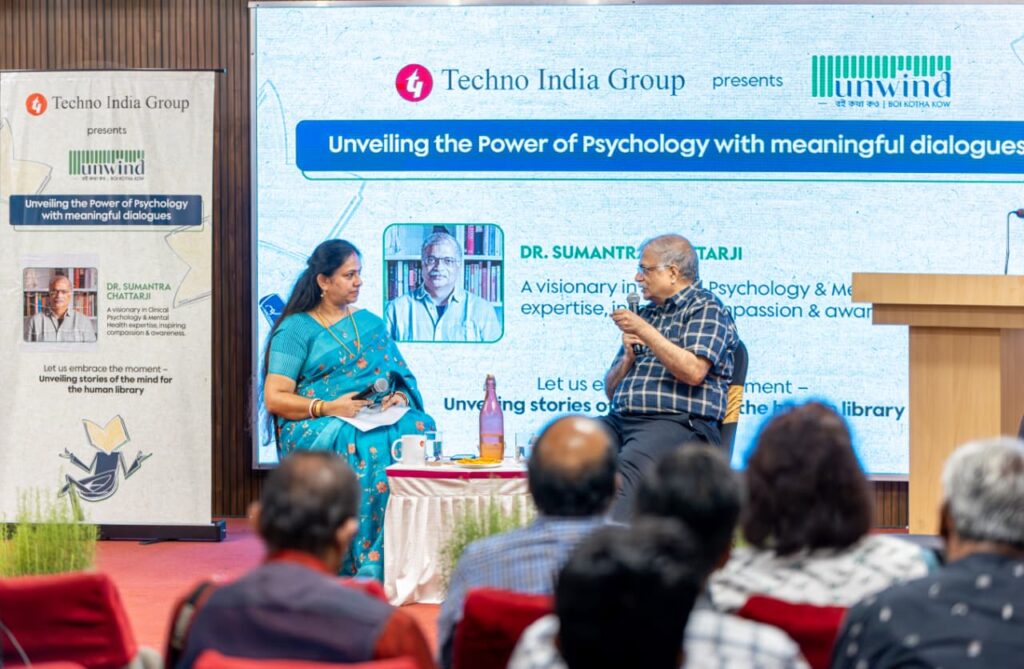
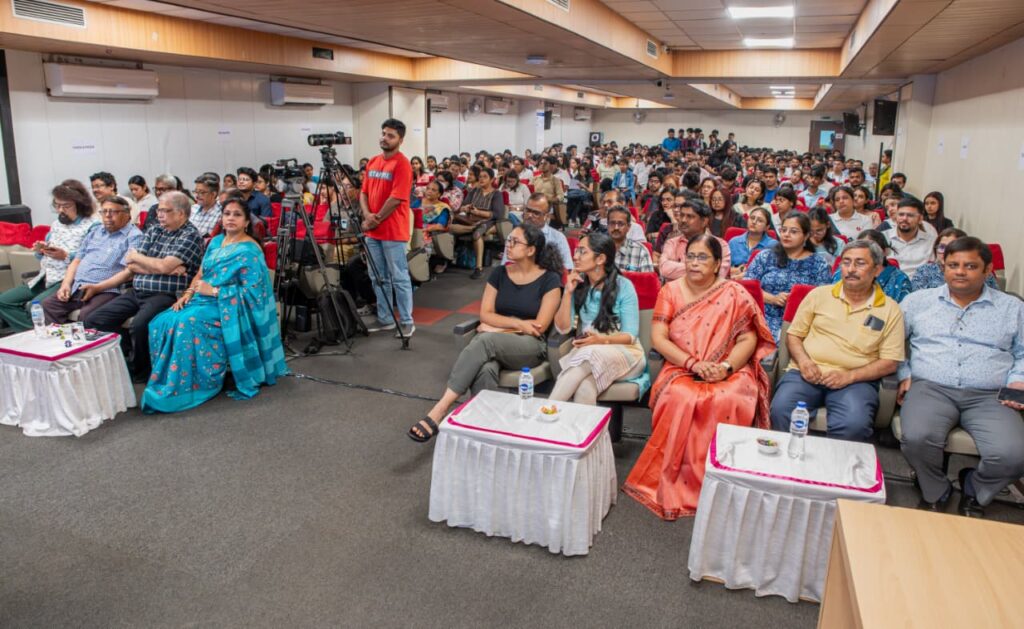
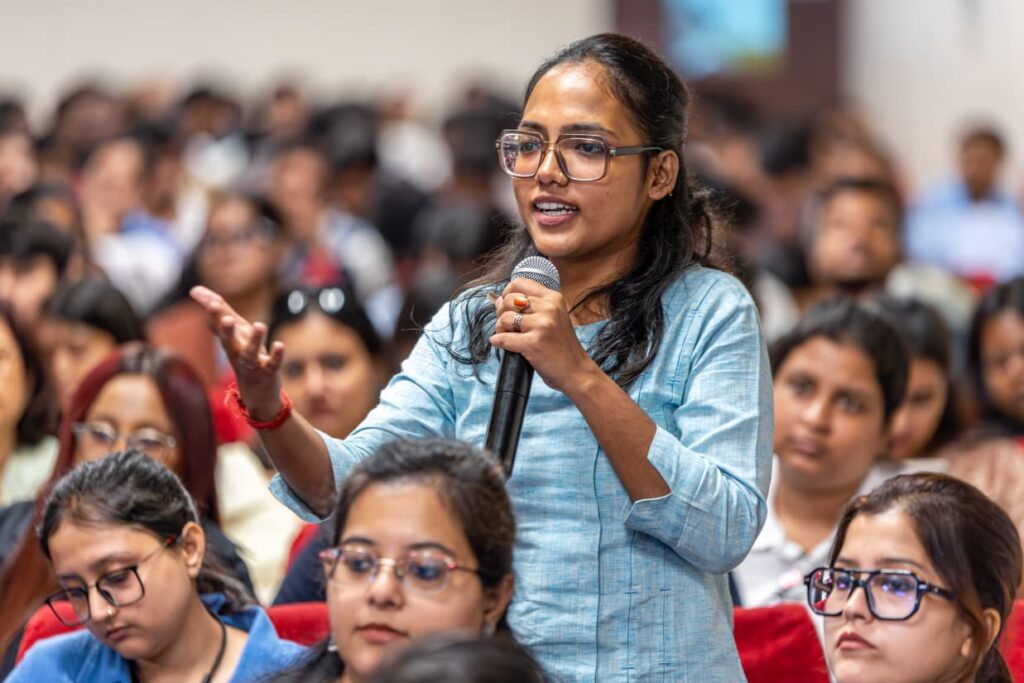
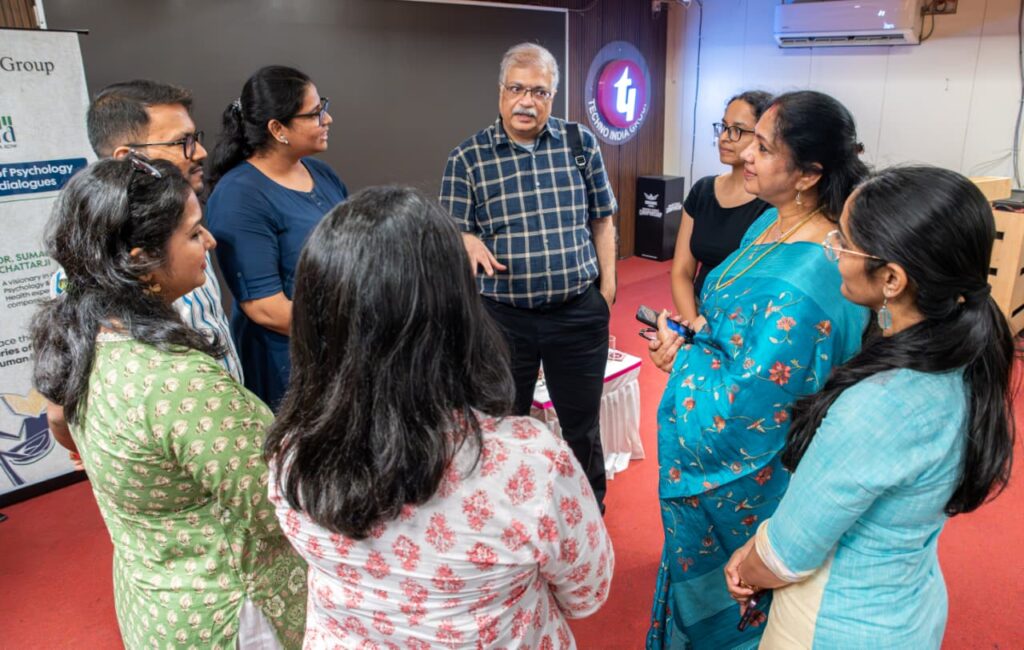
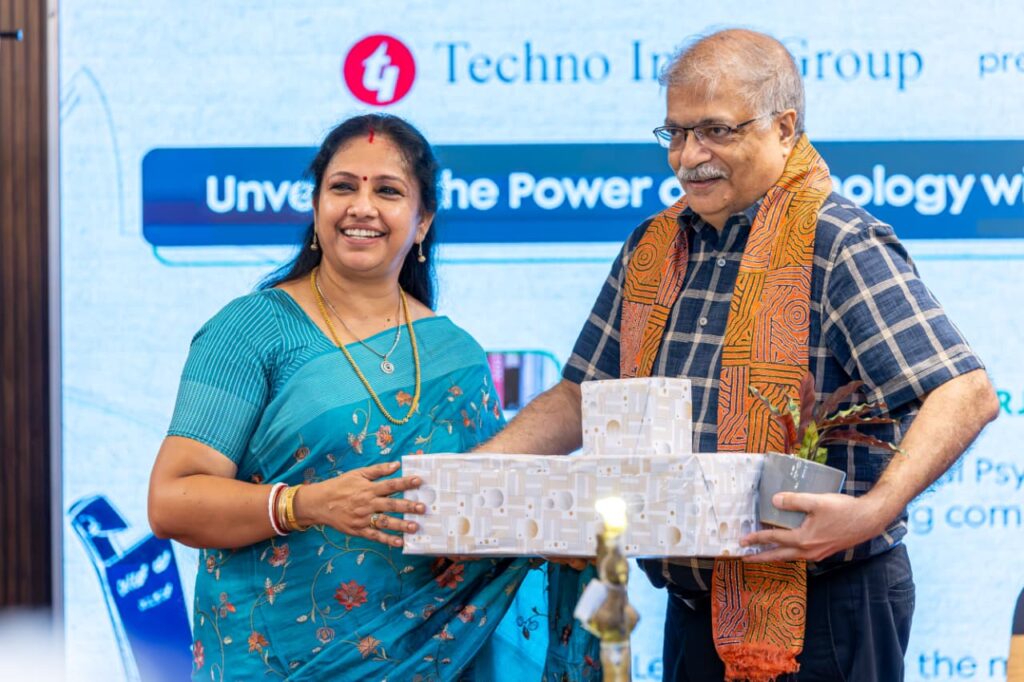
In an era defined by screens and instant connectivity, Dr. Chattarji delivered a powerful caution. He explained that studies using brain MRI scans have revealed startling similarities between the addictive effects of digital media and substances like cocaine. This comparison sparked hushed conversations across the hall, as students and faculty alike reflected on the implications.
He urged the audience to rethink the addictive pull of digital media, highlighting its ability to shape minds in ways we rarely notice. Calling the internet “a double-edged sword shaping our lives in ways we barely notice,” he warned of the dangers of misinformation and the toll of compulsive digital habits. His observations ignited a candid dialogue among participants about how to build healthier, more mindful relationships with technology.
Amidst the serious conversations, a deeply personal revelation from Dr. Chattarji touched every heart present. “Music remains my true lifeline, nurturing both mind and soul,” he shared, describing how melodies have guided him through challenges and sustained his spirit. His words celebrated the healing power of art, reminding the gathering that music has the profound ability to soothe, heal, and uplift the human condition. This reflection beautifully tied into the larger theme of the Human Library: the idea that healing can come from unexpected sources, and that human connection often lies at the heart of wellness.
As the session progressed, what began as questions evolved into dialogues, and what began as dialogues transformed into collective learning. Students posed thoughtful questions about coping strategies, mental health challenges in academic life, and the role of society in supporting those who struggle silently. Faculty members engaged in discussions about integrating mental health awareness into education, ensuring that schools not only teach but also nurture resilience and empathy. Guests too contributed with reflections, making the session a shared experience rather than a one-way lecture. The atmosphere of openness and curiosity embodied the very spirit of the Human Library — a living space where listening is as important as speaking, and every story carries the power to transform.
The evening concluded with a powerful reminder: mental health is not only an individual journey but a collective responsibility. By listening, sharing, and engaging, society takes steps toward dismantling stigma and creating environments of understanding. This fifth chapter of UNWIND – Boi Katha Kow reaffirmed that storytelling remains one of the most powerful tools for building awareness and empathy. Dr. Chattarji’s reflections served as a mirror, urging the audience to pause, rethink, and recognize how psychology is not confined to textbooks or laboratories but is deeply woven into the everyday lives of people.
Participants left the session inspired, carrying with them the essence of what the Human Library stands for — the idea that wisdom lives in people, and that every life story has something to teach. Students and teachers alike reflected on how to apply the insights into their own lives: from building healthier digital habits, to advocating for inclusion of specially-abled children, to using music and art as tools for resilience. As the session closed, there was a shared sense of gratitude for the opportunity to listen, learn, and engage. The event was not only an academic exercise but also a human experience — one that reminded everyone of the need to nurture both mind and spirit.
Techno India Group, through initiatives like UNWIND – Boi Katha Kow, continues to champion conversations that matter, reaffirming its commitment to education that is holistic, humane, and deeply relevant to the times we live in.

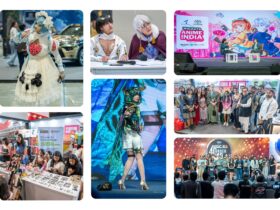
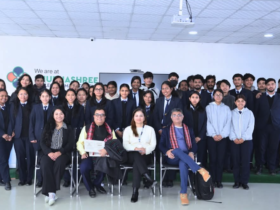
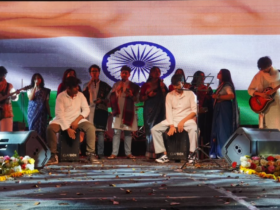
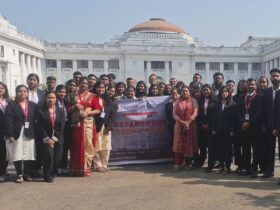
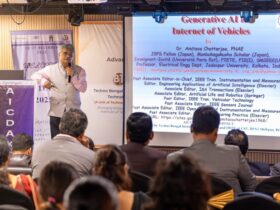
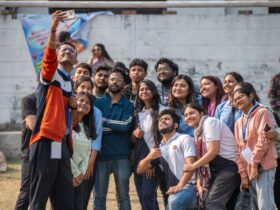
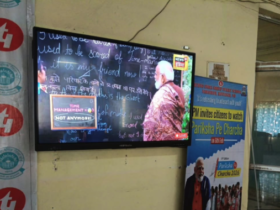
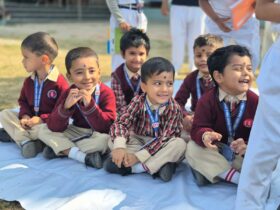
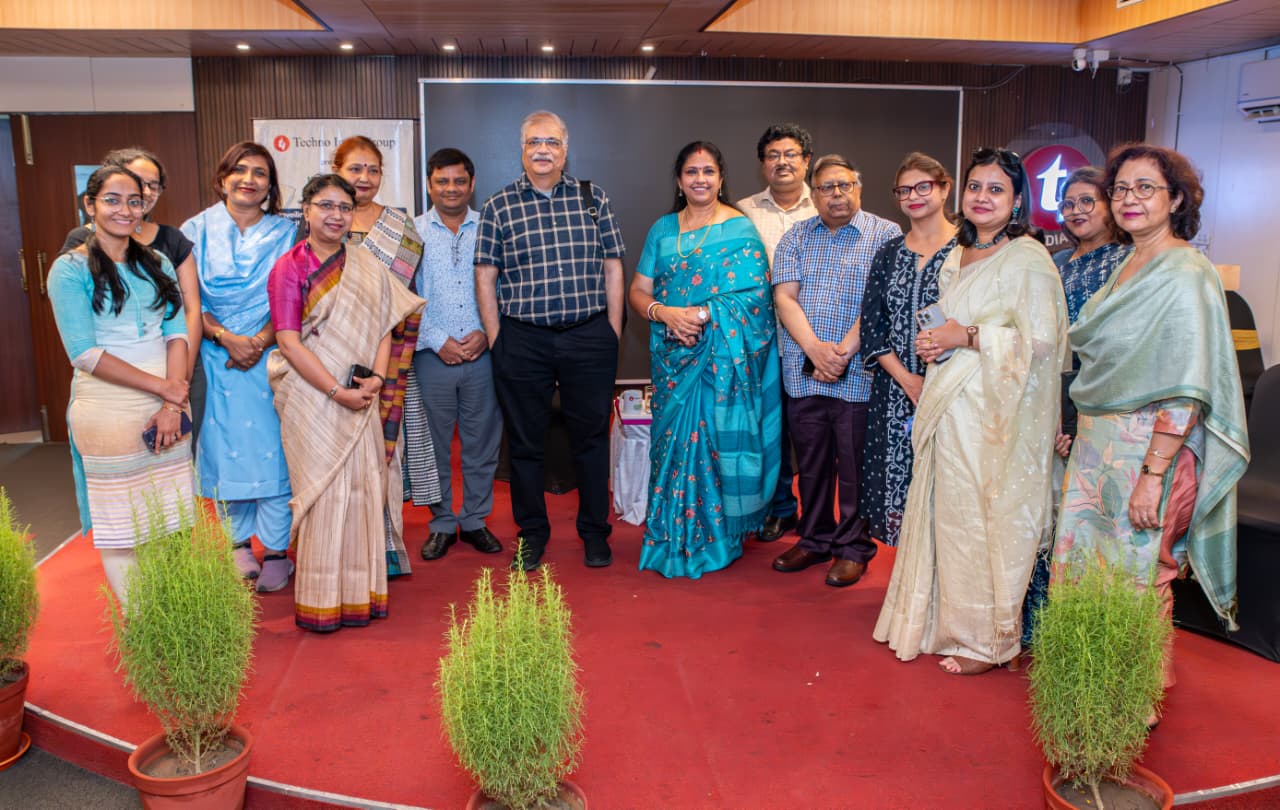
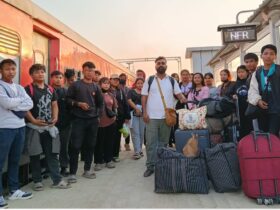
Leave a Reply